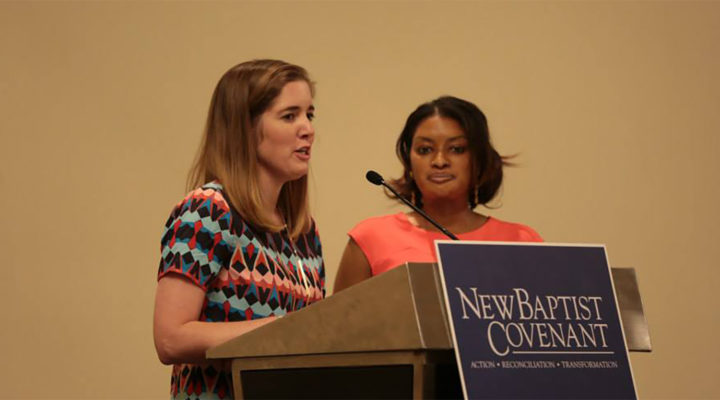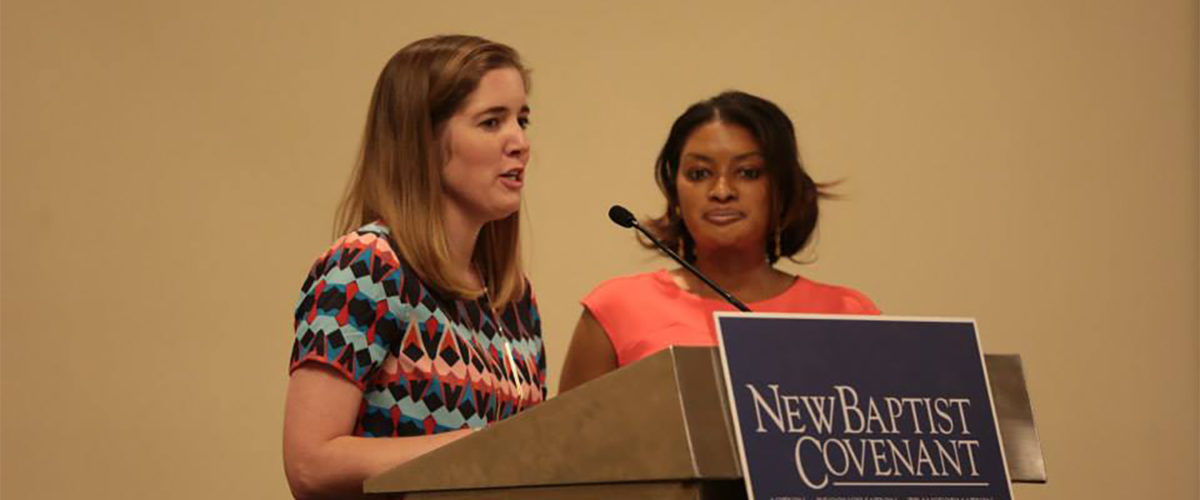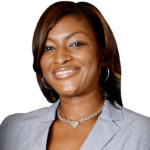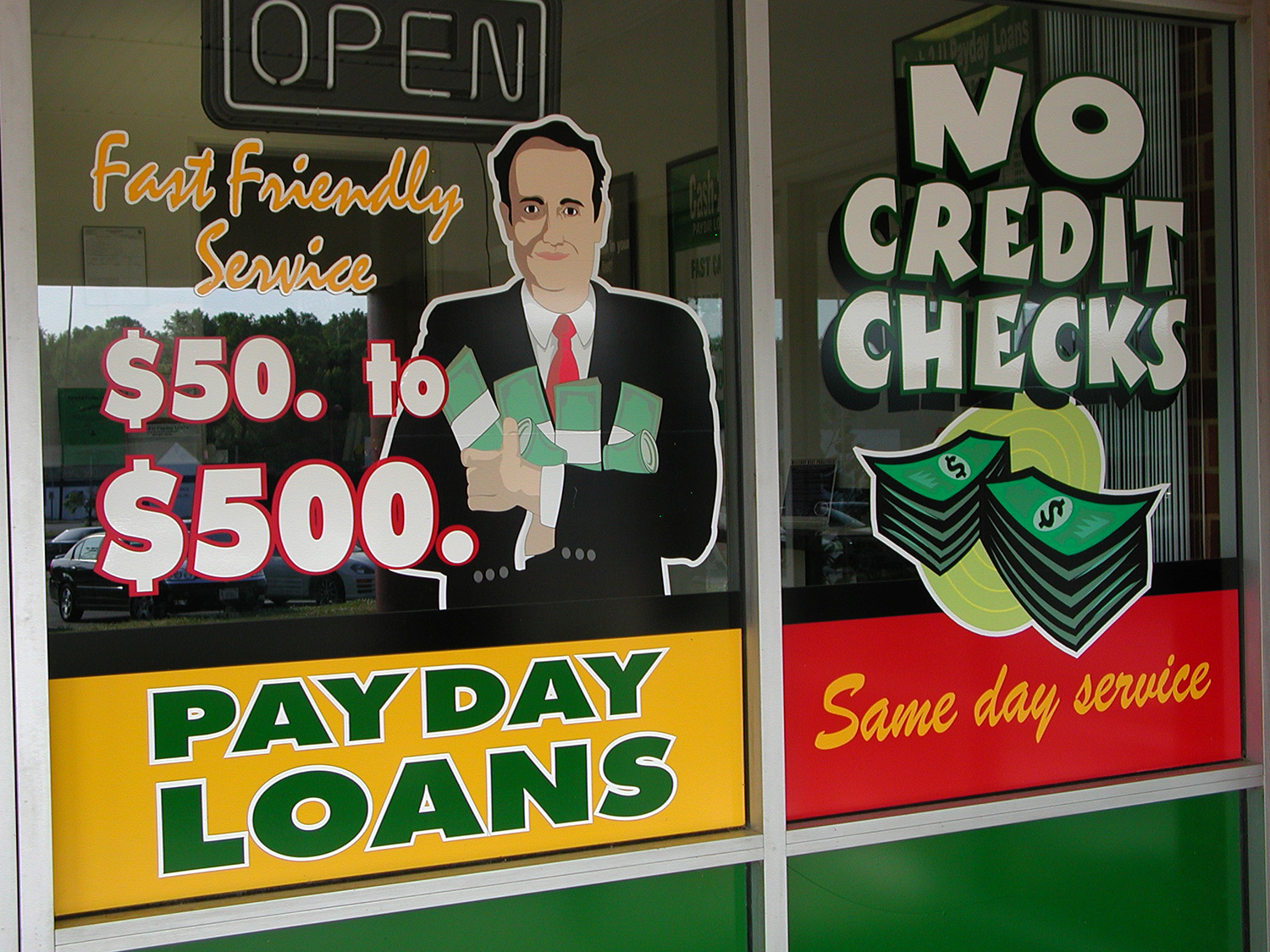Two very different Dallas churches inspired by callings for social justice are surmounting racial and geographical differences to minister to their city’s poor.
Friendship-West Baptist and Wilshire Baptist churches came together formally in 2014 with a covenant of action through the New Baptist Covenant. They set their sights on combating predatory lending practices and widening and strengthening the fellowship between them, ministers at the two congregations said.
The alliance between the predominantly African-American Friendship-West and the mostly Anglo Wilshire began with a relationship between the congregations’ pastors, Frederick Douglass Haynes III and George Mason.
But it became clear that despite their differences, the two churches share a passion for ministering to the whole person and community.
Hoping to go deeper
“It’s not just dealing with the soul, but dealing with the body,” says Danielle Ayers, minister of justice at Friendship-West.
Ayers said the congregation is guided by a liberation-theology approach to ministry, giving it a strong social justice character.
“Engaging in ways that make a difference socially as well as spiritually — that’s what we try to do at Friendship-West,” Ayers says.
Wilshire Baptist has taken a similar approach to its mission, says Katie Murray, Christian advocacy specialist for the Cooperative Baptist Fellowship congregation.
The church seeks to address the root causes underlying social ills like poverty, hunger and deficiencies in public education, Murray says. That approach often entails tackling problems on the policy level by working with citywide coalitions.
Working with Friendship-West is a way to increase Wilshire’s effectiveness while also addressing racial reconciliation.
“In Dallas, there has been a history of pulpit swaps between the races but that is as deep as it has ever gone,” she says.
“Our hope is to create something that really gets at the roots of racial reconciliation, and our hope is it would inspire other churches to do the same.”
‘New patterns and new relationships’
The relationship between the two congregations will do just that if other covenants of action are any indication, says Hannah McMahan, moderator of the National Baptist Covenant.
The idea had its beginning in 2008 when President Jimmy Carter, the convener of NBC, led an effort to unify Baptists around the nation across racial, theological and geographical lines.
In 2014, NBC rolled out its covenants of action, which pairs congregations focused on tackling specific social challenges in their cities. In some cases, regional church bodies also are being linked.
So far, there are about a dozen covenants of action established around issues like literacy, food justice, economic development and — in the case of Wilshire and Friendship-West — predatory lending.
“Everyone builds their covenant of action around their own passions,” McMahan says. “It’s going to be different for every Baptist group that takes one on.”
In addition to the targeted work each covenant identifies for itself, members are charged with building friendships as a way of overcoming racial or social differences between them.
“The goal is consistent interaction to form new patterns and new relationships.”
‘It broke down that wall’
In Dallas, Friendship-West and Wilshire got right to work on the mission portion of their covenant of action. That included members from Wilshire attending training sessions led by their African-American partners who had years of experience combating payday lending, Ayers says.
The two congregations have also participated in rallies opposing payday lending and are collaborating on ways to advocate for stronger laws during the next Texas legislative session in 2017.
In the process, Murray says, Wilshire members began to see that payday lending locations do not favor just the more economically challenged parts of town. Members began to see them in their own neighborhoods and on their way to worship at Wilshire.
“It’s everywhere. It broke down that wall of us saying ‘us and them’ — it’s all of us. We’re all in this collectively.”
Payday lending has become increasingly the target of faith-based groups, including the CBF, which are concerned about the way high-interest loans contribute to poverty rates. In February, Haynes was part of a coalition of religious groups pressing Congress to ban predatory lending practices.
‘Some pretty cool people’
For the past several months, Murray says, the two congregations have shifted their focus to the relationship-building aspect called for by the covenant of action.
“We were more heavily involved in the payday lending part and hadn’t really focused on strengthening the bonds of fellowship.”
Lay advisory teams have now been created to encourage participation by larger numbers of members from both churches. Last November Wilshire members participated in a dinner focusing on homeless and hunger.
It’s already starting to pay off, Ayers says.
“We are finding ways to become part of each other’s church cultures by attending each other’s events. We are recognizing the humanity in each other.”
And they are recognizing something else, she says.
“You learn these really are some pretty cool people.”






